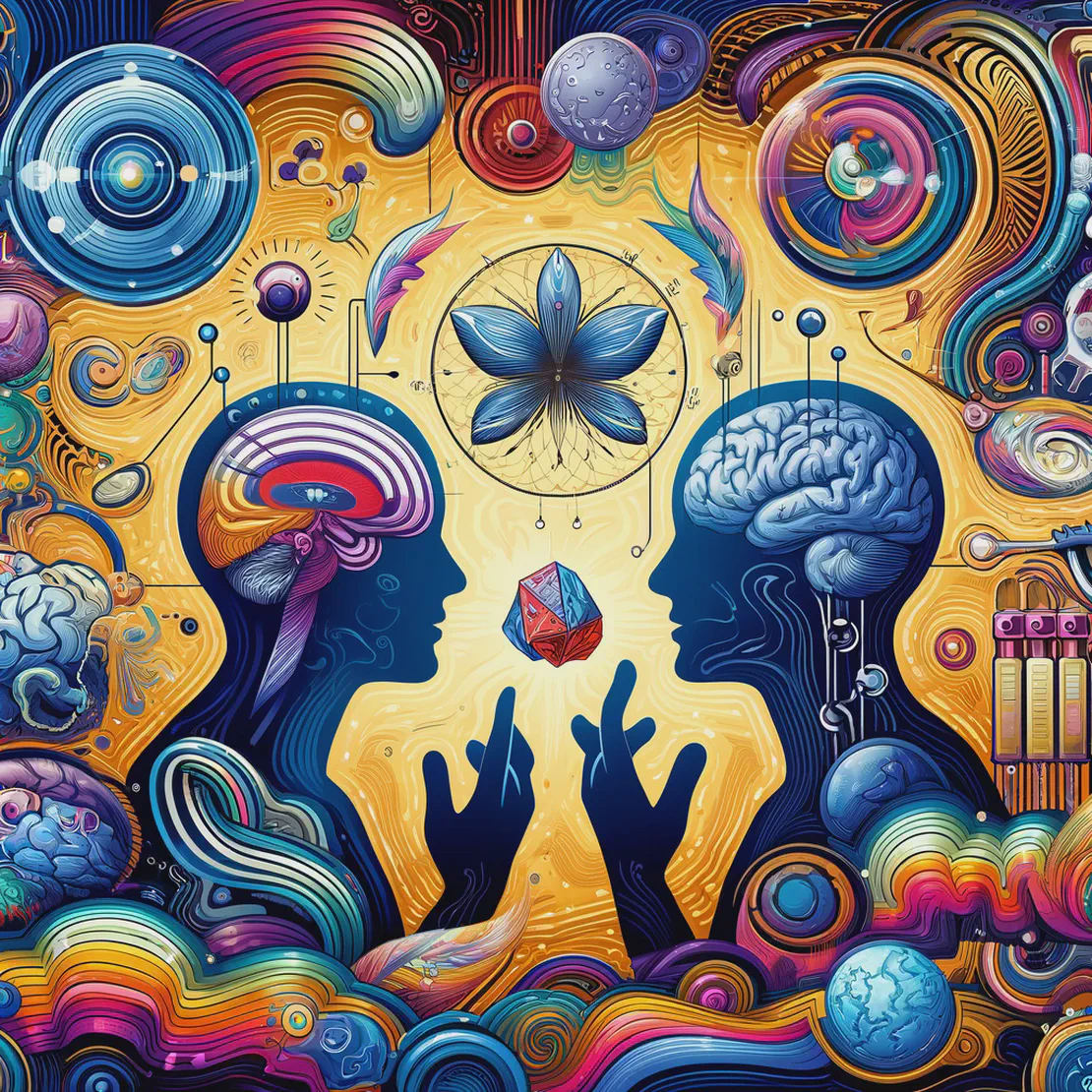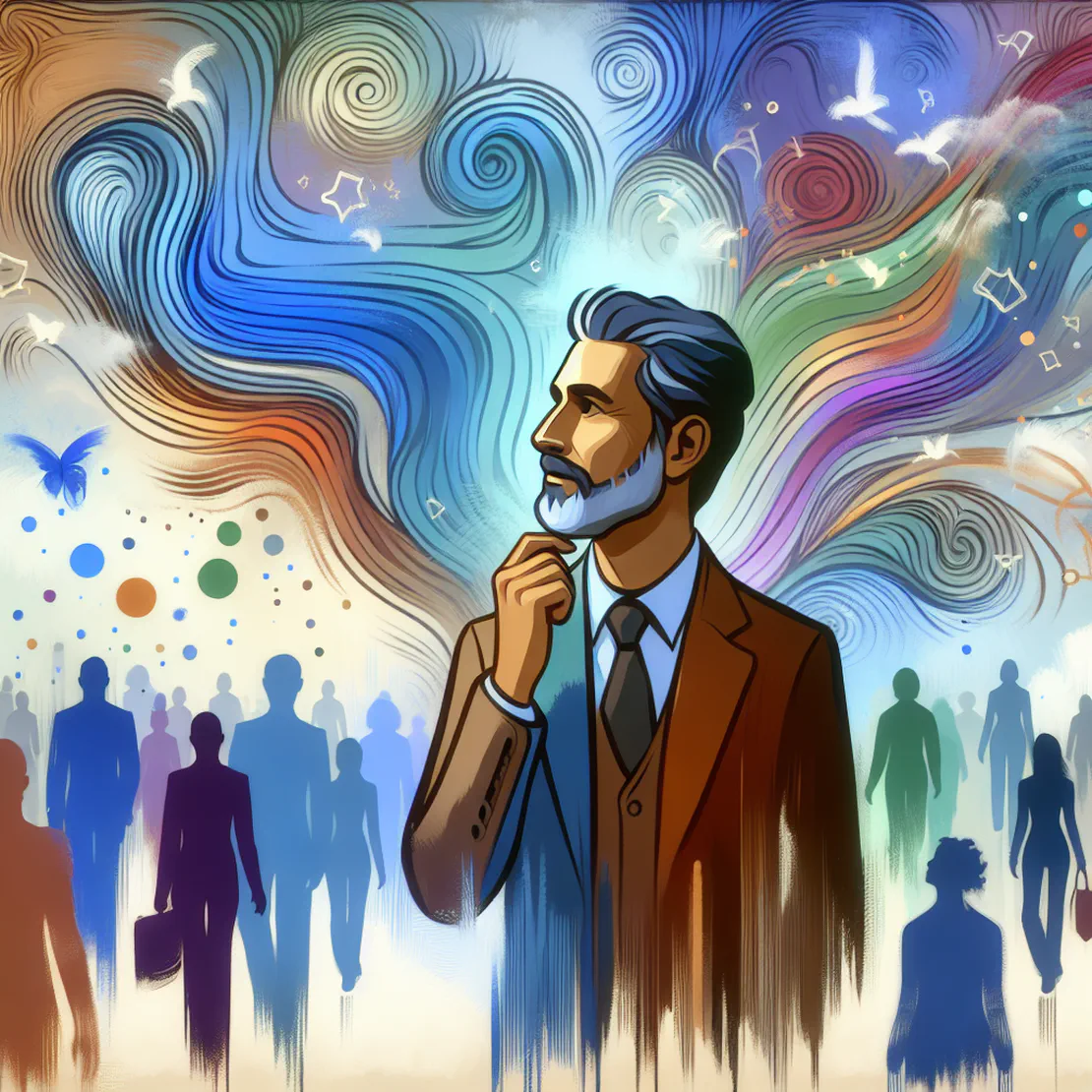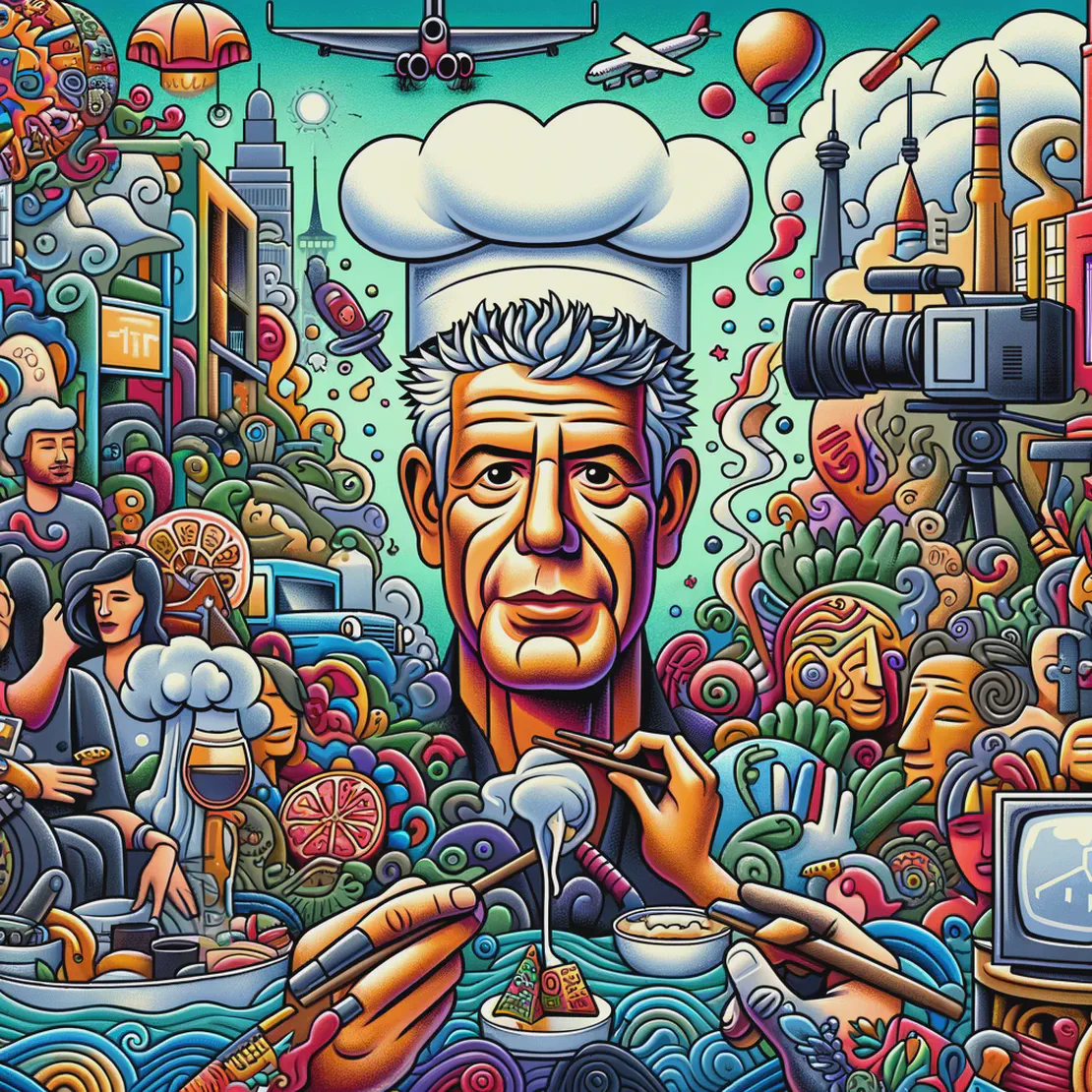
#1842 - Andrew Huberman
- The Joe Rogan Experience
- Science , Most popular
- July 12, 2022
Table of Contents
At a Glance
-
Discussion on Genetic Mutation and Alcohol Tolerance - “Approximately 8% of people have a mutation in a gene such that when they drink alcohol, it increases their dopamine levels very quickly, and they get euphoric. These are the people that can just keep drinking and drinking”. This highlights a genetic basis for high alcohol tolerance in certain individuals, explaining why some people can drink heavily without immediate adverse effects, which contrasts with the general population’s response to alcohol.
-
Impact of ADHD Medications on College Students - “In researching an episode for our podcast on ADHD, it turns out that more than 80% of college students will rely on ADHD meds, quote-unquote, recreationally, not prescribed. They buy it from each other in order to study”. This point underscores the widespread use of ADHD medications like Ritalin and Adderall among college students for enhancing study focus, highlighting a significant issue with prescription drug misuse in academic environments.
-
Effects of Social Isolation on Aggression - “Social isolation increases aggression. Absolutely. Feelings of aggression, and kind of friction, with the world, us, them kind of thinking”. This statement reveals the psychological impact of social isolation, linking it to increased aggression and hostility, which has significant implications for understanding behaviors arising from prolonged social isolation, especially in the context of the COVID-19 pandemic.
-
Exploration of Brain Circuits Related to Aggression and Mating - “In animals, if you stimulate these neurons, the animals go into a rage. But if you stop stimulating, the animal just goes back to doing whatever. These sorts of things are also happening in humans”. This discusses the neural mechanisms underlying aggression and mating behaviors, demonstrating how specific brain areas can trigger distinct responses, providing insights into the biological underpinnings of complex behaviors.
-
Use of Ketamine for Trauma and Depression - “Ketamine was initially used to block memory formation after trauma. Now it’s being used as a way to bring people into the clinic and put them into this dissociative state, so they see themselves having an experience”. This highlights the evolving use of ketamine from trauma treatment to addressing severe depression, illustrating its potential in mental health therapy by enabling patients to dissociate and view their experiences from an external perspective.
What to Do
-
Engage in Non-Sleep Deep Rest (NSDR) Daily - Dr. Huberman recommends incorporating NSDR into daily routines to enhance focus, stress resilience, and cognitive function.
-
Embrace Gratitude Practice - Dr. Huberman emphasizes the importance of receiving and giving gratitude, noting its significant impact on serotonin and oxytocin levels, which enhance well-being.
-
Surround Yourself with Positive Social Interactions - Huberman highlights the benefits of good quality social interactions and avoiding toxic people, which boost serotonin and oxytocin levels, contributing to better mental health.
-
Maintain Physical Contact with Loved Ones - He suggests that physical contact with animals, kids, and loved ones greatly improves mood and reduces stress.
-
Prepare for Future Challenges with Daily Rituals - Dr. Huberman advises incorporating daily rituals that enhance current well-being and prepare for future challenges, promoting resilience.
-
Focus on Long-Term Mental and Physical Health - He stresses the importance of activities that are beneficial in the present and serve as a buffer against future adversities.
-
Adopt a Balanced Approach to Work and Passion - Dr. Huberman shares his philosophy of not feeling like work is work by engaging in activities he loves, like science and podcasting.
What to Get
-
Provigil (Modafinil) - Discussed in the context of its use for enhancing focus, originally used for narcolepsy but also popular among tech workers and students https://amzn.to/4bQ4tOx
-
Ice Tub - Mentioned in the context of using cold exposure to improve focus and cognitive function, although not always accessible in certain locations https://amzn.to/3z9GaMR
-
Peptides (Tachykinin inhibitors) - Discussed for their potential to reduce anxiety and aggression, though underutilized due to pharmaceutical industry practices
-
Psilocybin (Macro Doses) - Used in clinical trials for treating severe depression, focusing on the concept of “letting go” during the psychedelic experience
-
Ketamine - Used initially to block memory formation after trauma, now explored for depression treatment due to its dissociative properties
-
Defibrillators - Used in clinical settings during psychedelic trials to ensure participant safety
Summary
In this captivating discussion, Joe Rogan and Dr. Andrew Huberman explore the intricacies of brain function, human behavior, and physiological processes. Dr. Huberman, a renowned neuroscientist, provides a detailed explanation of how different neurons and areas of the brain, particularly the hypothalamus, are responsible for various behaviors such as aggression, mating, and threat response. He illustrates these concepts with examples, describing how specific brain stimulations can induce behaviors like rage or mating in animals. This segment highlights the complex interplay between brain structures and behavioral outcomes, making the science behind human and animal actions accessible and intriguing.
The conversation also delves into the therapeutic potential of psychedelics, focusing on their application in treating depression and other mental health disorders. Dr. Huberman discusses ongoing clinical trials and research that show promising results from psychedelic therapies, despite the underlying mechanisms still being somewhat mysterious. They explore how psychedelics broaden brain activity and may help individuals relinquish control over their internal states, which can be particularly beneficial for those suffering from severe depression. This part of the discussion underscores the evolving understanding and acceptance of psychedelics in clinical settings, highlighting their potential to revolutionize mental health treatment.
Throughout their exchange, Joe and Dr. Huberman emphasize the significance of effective scientific communication. They discuss the challenges scientists face in reaching a broad audience due to a lack of training in communication skills. Joe and Dr. Huberman agree that platforms like podcasts can bridge this gap, enabling scientists to share their knowledge more widely and effectively. They also touch on the human inclination for validation and the tendency to adhere to ideas that boost one’s self-esteem, stressing the importance of maintaining an open and critical mindset amidst conflicting information. This comprehensive dialogue offers a deep dive into brain science, the potential of psychedelics, and the crucial role of effective communication in science.


